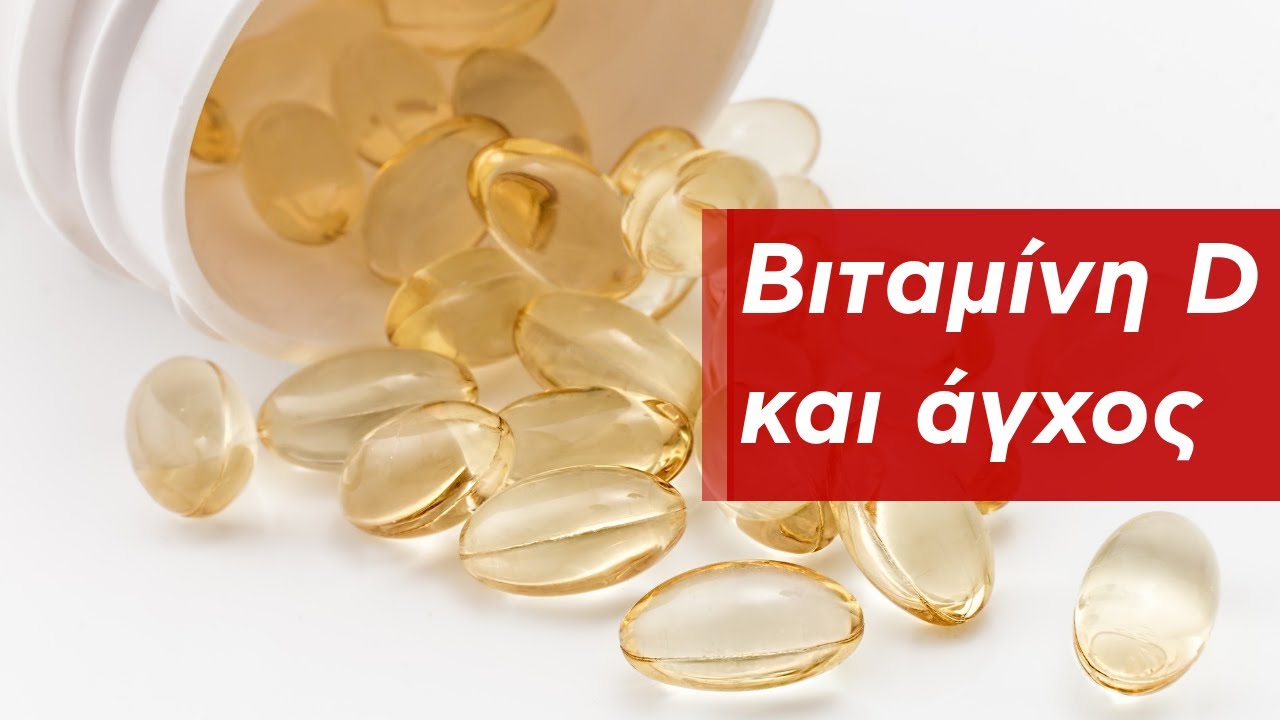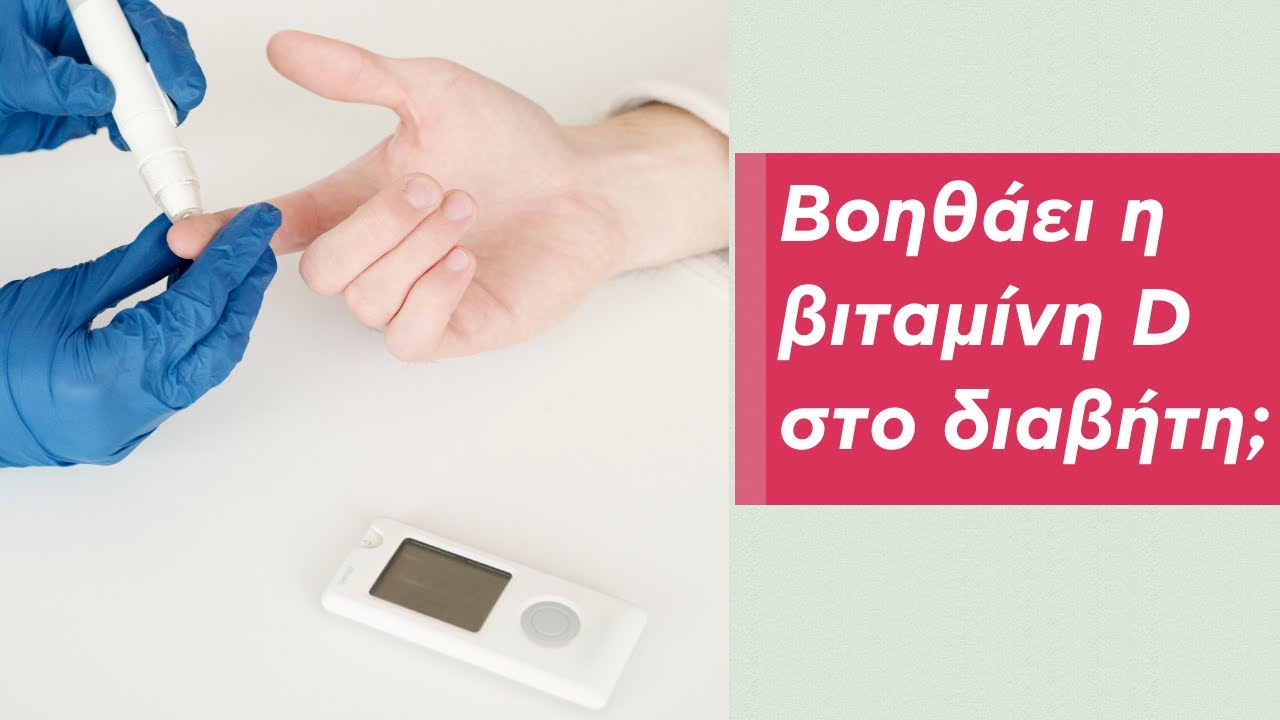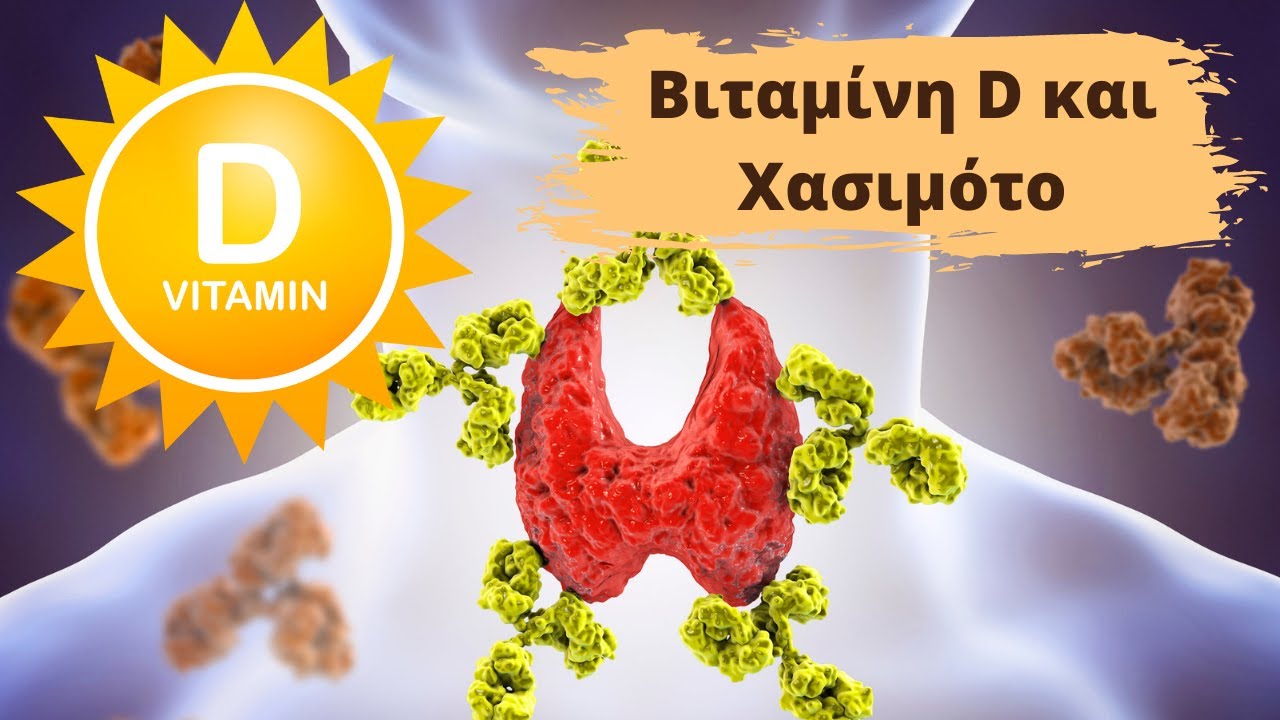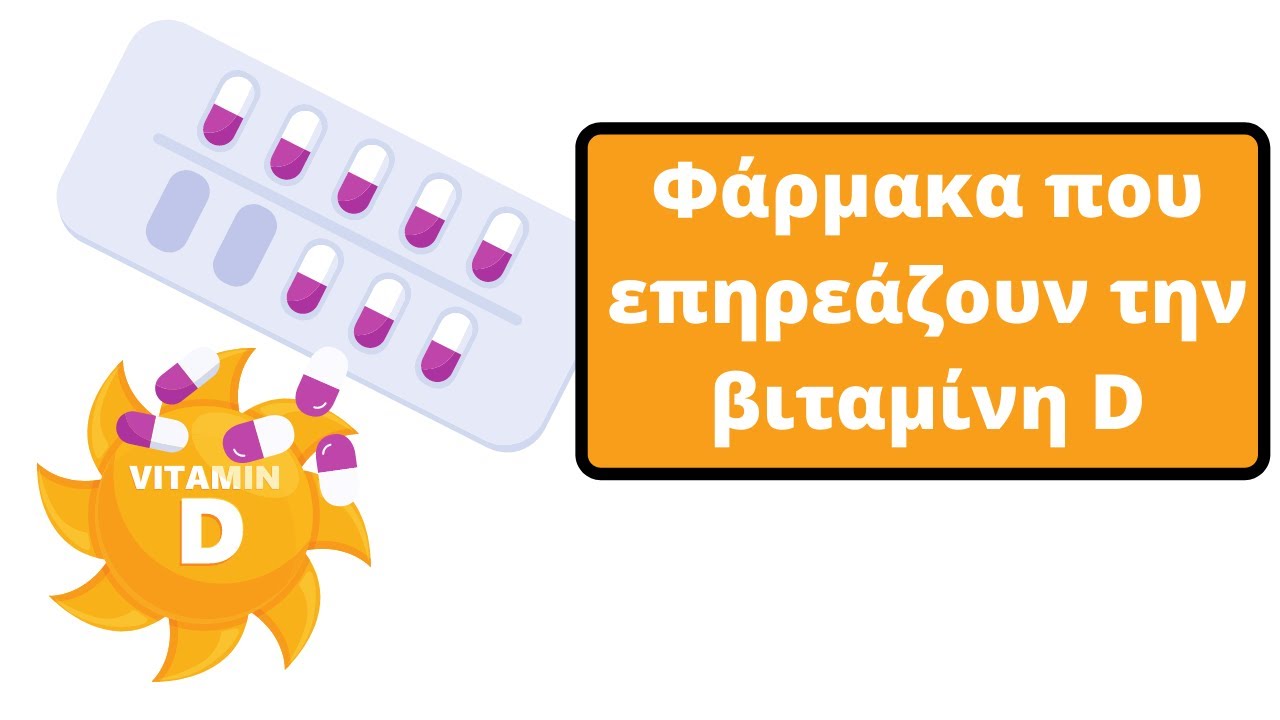Κείμενο
Ένα από τα πιο συχνά ερωτήματα που ακούω στα 2 κέντρα ιατρικής διατροφολογίας που ηγούμαι είναι: “ Γιατρέ, γιατί ενώ παίρνω βιταμίνη D, δεν τη βλέπω να αυξάνεται στο αίμα. Τι φταίει;”. Όπως έχω πει επανειλημμένα στα βίντεο και μέσα από τα σχόλια, υπάρχουν πολλοί παράγοντες που μπορεί να συντελούν, όπως το αυξημένο βάρος, το σκούρο χρώμα δέρματος και άλλοι. Ένας παράγοντας που δεν έχουμε αναλύσει εκτεταμένα είναι ότι υπάρχουν κάποια πολύ διαδεδομένα φάρμακα που εμποδίζουν την βιταμίνη D. Αυτά τα φάρμακα επιδρούν στο μεταβολισμό της βιταμίνης D, με διαφορετικό τρόπο το καθένα, αλλά όλα έχουν σαν αποτέλεσμα η βιταμίνη D στο αίμα να μειώνεται, ή να μην ανεβαίνει επαρκώς μετά από χορήγηση βιταμίνης D σε συμπλήρωμα διατροφής. Ξεκινάω με τα φάρμακα για το στομάχι. Τόσο τα πιο καινούργια και πιο ισχυρά φάρμακα, όπως η ομεπραζόλη και η εσομεπραζόλη, και γενικά η ομάδα των φαρμάκων που λέγεται αναστολείς αντλίας πρωτονίων, όσο και τα παλιότερα φάρμακα, όπως η ρανιτιδίνη, μειώνουν τα επίπεδα της βιταμίνης D στο αίμα. Αυτά τα φάρμακα χορηγούνται πάρα πολύ συχνά σε πολλές παθήσεις, ειδικά σε παθήσεις του στομάχου και του δωδεκαδακτύλου, όπως έλκος και γαστρίτιδα και άλλα δυσπεπτικά ενοχλήματα, αλλά δυστυχώς χορηγούνται και σε πάρα πολλούς ασθενείς που παίρνουν φάρμακα για να προστατέψουν το στομάχι τους. Αυτό που επιστημονικά ονομάζουμε “γαστροπροστασία”. Δηλαδή, ένα φάρμακο που προστατεύει το στομάχι και δίνεται σε κάποιον επειδή έχει όχι πρόβλημα στο στομάχι, αλλά για να το προστατέψουμε ώστε να μην αποκτήσει πρόβλημα από τα φάρμακα που έχει ανάγκη. Η δεύτερη ομάδα φαρμάκων που χρησιμοποιούνται εκτεταμένα μετά τα 50 και μειώνει τα επίπεδα της βιταμίνης D στο αίμα είναι τα φάρμακα για την υπέρταση. Τα περισσότερα αντιυπερτασικά φάρμακα που χορηγούνται σήμερα μειώνουν τα επίπεδα της βιταμίνης D στο αίμα κι αν παίρνετε κάποιο φάρμακο για την υπέρταση είναι πολύ πιθανό να ανήκει σε μία από τις τρεις ομάδες που επηρεάζουν τη βιταμίνη D. Αν και είναι πολύ πιθανό να παίρνετε

φάρμακα που ανήκουν και στις τρεις ομάδες! Πρόκειται για τα διουρητικά, τα οποία αν παίρνετε το καταλαβαίνετε γιατί μετά από λίγο σας στέλνει στην τουαλέτα, οι αναστολείς διαύλων ασβεστίου, ίσως τα πιο αποτελεσματικά φάρμακα για την αντιμετώπιση της υπέρτασης, από τα οποία η αμλοδιπίνη είναι το πιο διαδεδομένο φάρμακο που κυκλοφορεί με το εμπορικό όνομα norvasc, αλλά και ως γενόσημο με πάρα πολλά ονόματα και τέλος οι αναστολείς μετατρεπτικού ενζύμου της αγγειοτενσίνης, που είναι μία από τις πιο πρόσφατες ομάδες αντιυπερτασικών που κυκλοφορούν με πάρα πολλά εμπορικά ονόματα. Πολλά από τα φάρμακα που θα βρείτε στο εμπόριο για την αντιμετώπιση της υπέρτασης είναι συνδυασμός αυτών των ουσιών, όπως για παράδειγμα το norvasc μαζί με διουρητικό. Αν παίρνετε φάρμακα για την πίεση είναι πάρα πολύ πιθανόν να παίρνετε μία ή περισσότερες από αυτές τις ομάδες φαρμάκων που εμποδίζουν την αύξηση της βιταμίνης D στο σώμα. Λίγοι άνθρωποι μετά τα 60 δεν παίρνουν τουλάχιστον ένα αντιυπερτασικό, όπως επίσης και πολλοί άνθρωποι μετά τα 60 παίρνουν φάρμακα για τη χοληστερίνη. Και αυτά τα φάρμακα, γνωστά με το όνομα στατίνες, μειώνουν τα επίπεδα της βιταμίνης D στο αίμα. Για να κλείσω όμως με τα φάρμακα που σχετίζονται με την υγεία της καρδιάς, μετά τα αντιυπερτασικά και τα φάρμακα που μειώνουν τη χοληστερίνη, και τα φάρμακα που επηρεάζουν την πήξη του αίματος μειώνουν τα επίπεδα της βιταμίνης D. Η γνωστή παιδική ασπιρίνη που χρησιμοποιείται εκτεταμένα στα άτομα που πάσχουν από καρδιοπάθειες, όπως και τα νεότερα φάρμακα που κάνουν αυτή τη δουλειά, όπως η κλοπιδογρέλη, μειώνουν τα επίπεδα της βιταμίνης D. Το ίδιο κάνουν και τα αντιπηκτικά, με το Sintrom να είναι ο πιο διάσημος εκπρόσωπος αυτών το φάρμακων. Η άλλη ομάδα φαρμάκων, που δεν λείπει σχεδόν ποτέ από τέτοιου τύπου λίστες, είναι τα φάρμακα που χορηγούνται για ψυχιατρικές και νευρολογικές παθήσεις. Αρκετά από τα φάρμακα που χορηγούνται για την αντιμετώπιση της επιληψίας, της κατάθλιψης και του άγχους επίσης οδηγούν σε μείωση

της βιταμίνης D. Πολλά φάρμακα που χορηγούνται για την αντιμετώπιση των λοιμώξεων οδηγούν σε μείωση της βιταμίνης D στο αίμα, αλλά καθώς αυτά τα φάρμακα σπάνια χρησιμοποιούνται μακροχρόνια, συνήθως δεν αποτελούν πρόβλημα.



















0 Σχόλια